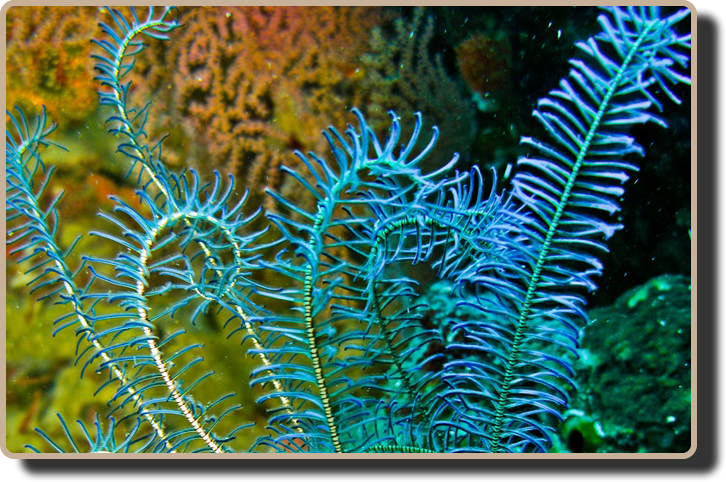





Coffee is a widely-grown commodity, and extensive research indicates that both the Arabica and Robusta varieties can yield a greater quantity and quality of harvested fruit after pollination by bees. However, much coffee production does not involve, explicitly, a role for insect pollination. Coffee plants are also subject to common diseases that lower yields to growers. This project will use managed populations of honey bees to effect a greater success of coffee flower pollination to achieve not only a greater quantity and quality of fruit set, but also to achieve a greater synchrony of fruit ripening to facilitate harvesting and to lower the wastage associated with picking unripe fruit. Managed honey bees would be used, simultaneously, to transfer pesticide-free disease control agents to coffee flowers using proven biovectoring technology. This project will test the biological and economic efficacy of using managed honey bees as an adjunct to coffee production in several countries, and in plantations of varying size and shade cover. The initial step is to convene a workshop in partnership with the International Coffee Organization to establish cooperation of producers, to determine the project’s locations, and with which governmental and academic institutions. Funding from the IUBS will be used to initiate this proposal and be used to secure further funding for the project’s completion.
Leader: Vernon G. Thomas (with Robert Wildfong and Todd Mason)
Steering Committee: Peter G. Kevan
Countries involved: Canada, Brazil, Mexico (other probable counties to be arranged: Viet Nam, Colombia, Jamaica, Kenya, Rwanda)
Field of Research: Agriculture, Agro-ecology, Agricultural economics
The use of managed pollinators to transfer all three of pollen and pest and disease control agents to the flowers of various crops is an important innovation of the applicants. On crops so far tested the technology improves crop quantity in yield and quality while protecting the plants from both an array of plant diseases and a variety of insect pests. We propose an initial Interdisciplinary workshop to assemble an international team of experts to address how to transfer this successful technology to coffee to provide a win-win-win situation for coffee producers from cottage industry to large scale plantations.
Can the central role of managed and wild pollinators in coffee production be promoted? Can pollination with pest/ disease control result in synchronicity of berry ripening (harvesting efficiency, notably mechanical) and improved yields? Can the use of managed pollinators with biological control agent dispersal technology promote organic/pesticide free certifications and enhance growers’ revenues? How can all coffee growers be empowered to apply appropriate ecologically sound technologies?

